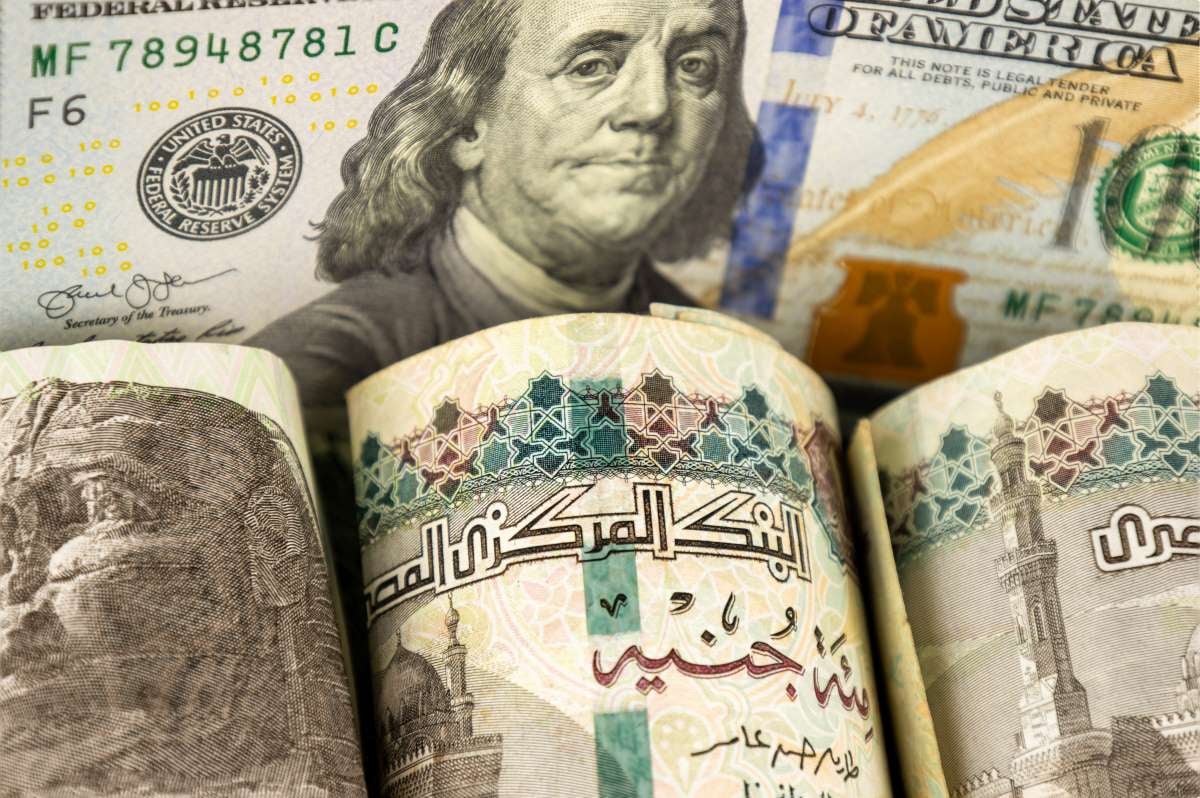The Central Bank of Egypt (CBE) auctioned off denominated treasury bills (T-Bills) worth $850 million on the final day of 2023. The move is part of the Egyptian government’s initiatives to address dollar scarcity and economic challenges triggered by both domestic and external factors.
According to the CBE, the maturity date for the T-Bills is 31 December 2024, with an average yield of 5.149 percent.
T-Bills
Financial analyst Ahmed Hamouda shed light on the nature of T-Bills. He described them as short-term debt instruments backed by the country’s finance ministry. He added that these one-year maturity bills depend on interest rate expectations. They are typically issued by the CBE on behalf of Egypt’s finance ministry to cover budget deficits.
Egypt’s budget deficit accounted for six percent of its gross domestic product (GDP) in 2022/2023. During the same fiscal year, the country faced a debt-to-GDP ratio of 95.6 percent. Moreover, Egypt recorded a GDP of 9.8 trillion Egyptian pounds (approximately $318 billion).
Hamouda emphasized that the auction is one of several attempts by Egypt’s CBE to address the acute shortage of US dollars. This shortage in Egypt is exacerbated by the dominance of the informal and parallel markets.
Impact of regional events
Recent geopolitical events, including the Israel-Gaza war that began on October 7, have contributed to the surge in the value of the U.S. dollar against the Egyptian pound in the informal market. The Egyptian pound is officially pegged at a rate of 30.90 Egyptian pounds to the dollar. However, the dollar’s value on the black market has soared to a range of between 51 and 52 pounds.
Since last March, the U.S. dollar has risen against the Egyptian pound by more than 57 percent. This has intensified the country’s suffocating currency crisis. Economic analysts anticipate a new depreciation of the local currency as Egypt grapples with the consequences of controversial economic measures.
Furthermore, CBE raised the interest rate by 3 percent, to 16.25 percent on deposits and 17.25 percent on lending in an effort to control inflation in Egypt. Simultaneously, Egypt’s approval of International Monetary Fund (IMF) measures, such as transitioning to a flexible exchange rate system, is seen as a precursor to potential inflation and price hikes, adding further complexity to the nation’s economic landscape.
Read: Egypt moves to international debt markets, eyes Gulf currency-denominated bonds
Foreign currency strategies
In recent months, the Egyptian government has pursued a strategy of selling state assets, including army-owned firms, to Gulf nations. This move aims to attract foreign currency and reduce the level of state control over the economy. Moreover, this aligns with the demands of the International Monetary Fund (IMF) loan program.
While Egypt has been under review for a $3 billion loan agreement with the IMF, the procedural timeline has faced multiple postponements in recent months. As of now, no final due date has been announced, leaving the country navigating a complex economic landscape in its quest for financial stability.
For more news on the economy, click here.








